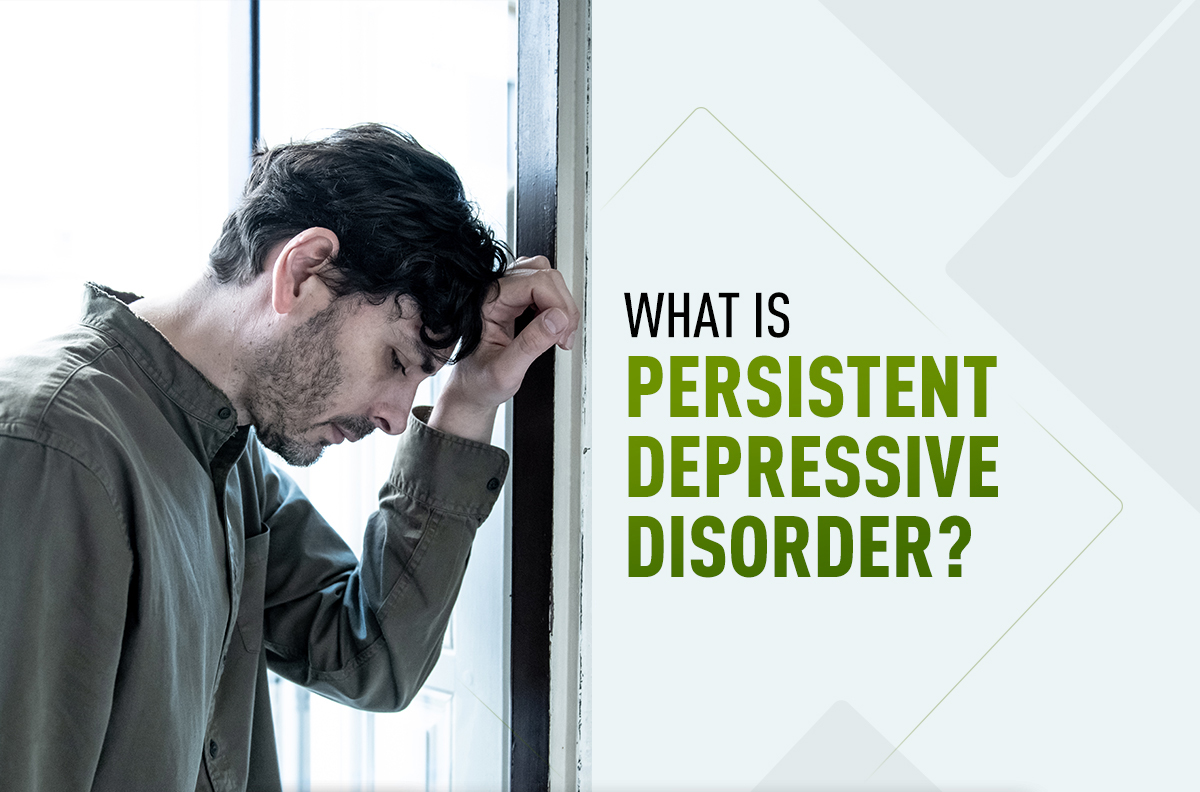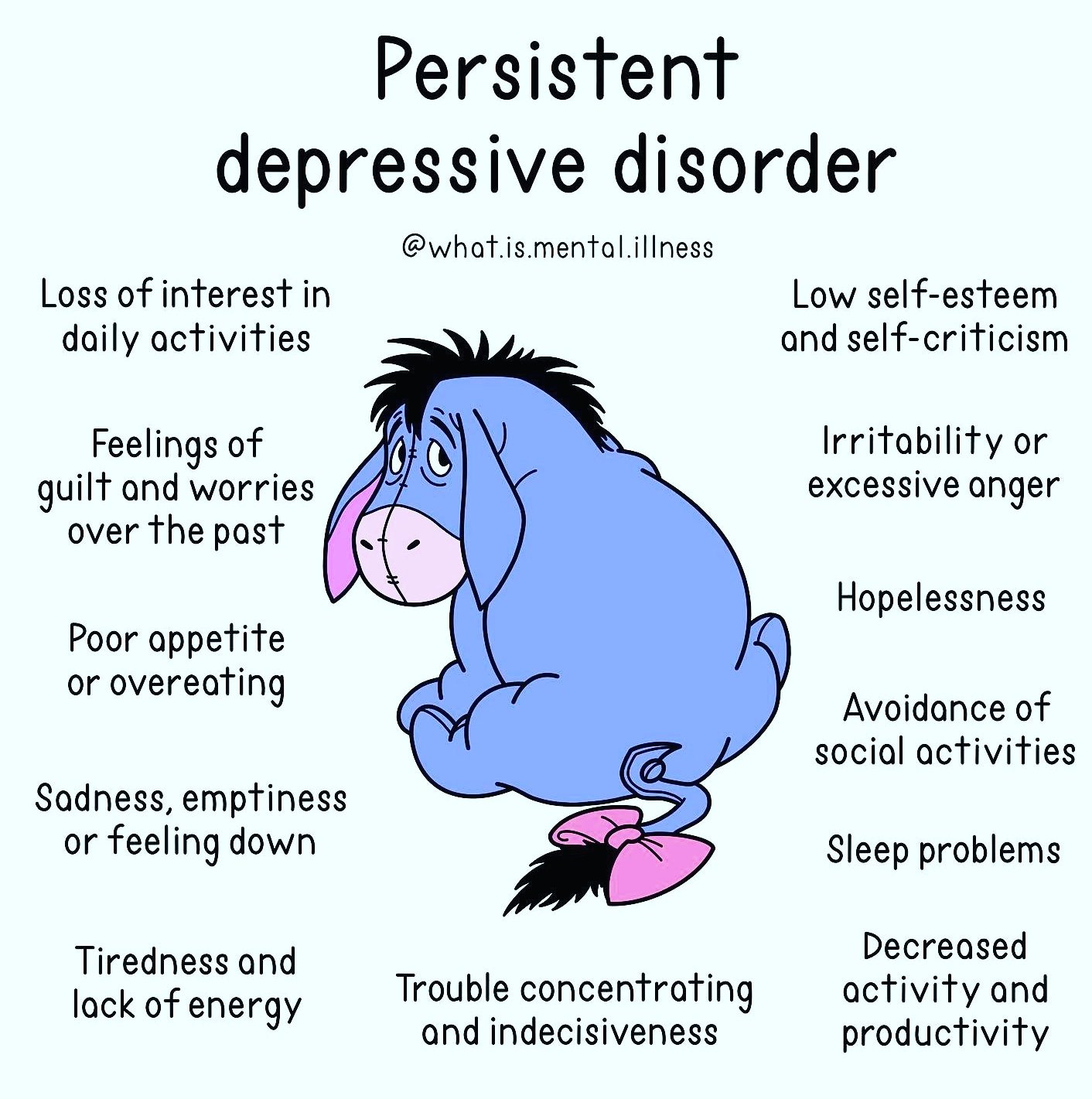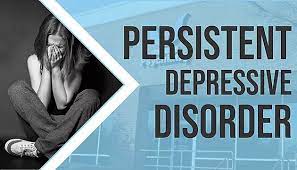Parental separation can have a significant impact on a child’s mental health. Divorce or separation is a significant life event that can be challenging for both parents and children. Children may experience a range of emotions, including sadness, anger, fear, confusion, and guilt, in response to their parents’ separation.
Research has shown that children of divorced or separated parents are at higher risk for a range of mental health problems, including depression, anxiety, behavioral issues, and substance abuse. The impact of parental separation on a child’s mental health can depend on several factors, such as the child’s age, gender, personality, and the quality of the relationship with each parent.
Young children may have difficulty understanding why their parents are separating, which can cause confusion and anxiety. Adolescents may struggle with their sense of identity and self-esteem, and may be at risk for engaging in risky behaviors, such as drug use or delinquent behavior. Children may also experience difficulties with academic performance, social relationships, and emotional regulation.
Parental separation can also lead to changes in the child’s living situation and routine, which can add to the stress of the situation. For example, a child may have to move to a new home or school, spend time with each parent separately, or adjust to a different parenting style or set of rules.
However, it is important to note that not all children of divorced or separated parents will experience mental health problems. Some children may adjust well to the changes, especially if they have supportive and involved parents and access to resources, such as counseling or support groups.
It is crucial for parents to be aware of the potential impact of their separation on their child’s mental health and take steps to support their child’s well-being during this difficult time. This may include maintaining open communication with their child, providing consistent and loving parenting, seeking professional support, and minimizing conflict between the parents.
Parental separation can have a significant impact on a child’s mental health. Children may experience a range of emotions and may be at higher risk for mental health problems, but the impact can depend on several factors. It is important for parents to be aware of the potential impact and take steps to support their child’s well-being during this challenging time.




